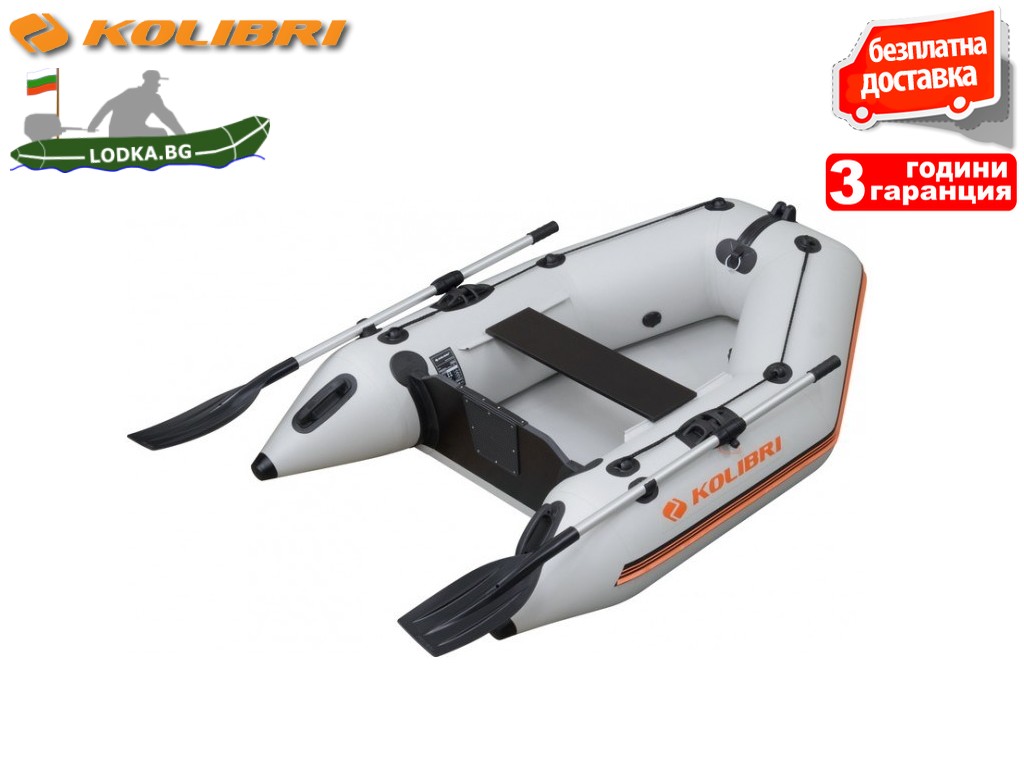

It's an app that creates an offline server to deliver high-quality educational resources to learners. Kolibri is a great solution for these communities. I’ll message you privately about setting up an account on Studio.While the internet has thoroughly transformed the availability of educational content for much of the world, many people still live in places where online access is poor or even nonexistent. Yes, you can bring in your own content using Kolibri Studio. This will help to avoid any time out errors.Īnother question is when I finished with that all contents, can i easily added my local contents to raspberryPi3 Kolibri server via Kolibri admin console? In general, over slower connections we advise importing a larger channel like KA in chunks by doing a few sub-sections at a time. Once it has been exported onto the drive, you can import it offline by: 1) connecting the drive to the Raspberry Pi, 2) opening the copy of Kolibri that is installed on the Pi, and 3) Going to the Import section and clicking “Attached drive or memory card” as the source.Once the channel is imported, export it onto an attached drive ( more information here).Import the channel, while connected to the internet, from Studio onto your local copy of Kolibri.Outside of this existing issue, you can import Kolibri content ‘offline’ by following a couple steps: See more information here and to track when it’s resolved. Are there another solutions how I can import the contents from Locally?Ĭan you describe more about what’s happening when you try to bring in the Khan Academy content? We’re currently working to resolve an issue with importing the Khan Academy content into Kolibri (it stalls at the “Preparing” stage in some instances) and that may be what you’re experiencing. When I import the contents from Kolibri Studio - Ka-lite contents, it always hangs my raspberry pi.

I just installed Kolibri on raspberry pi 3.


 0 kommentar(er)
0 kommentar(er)
